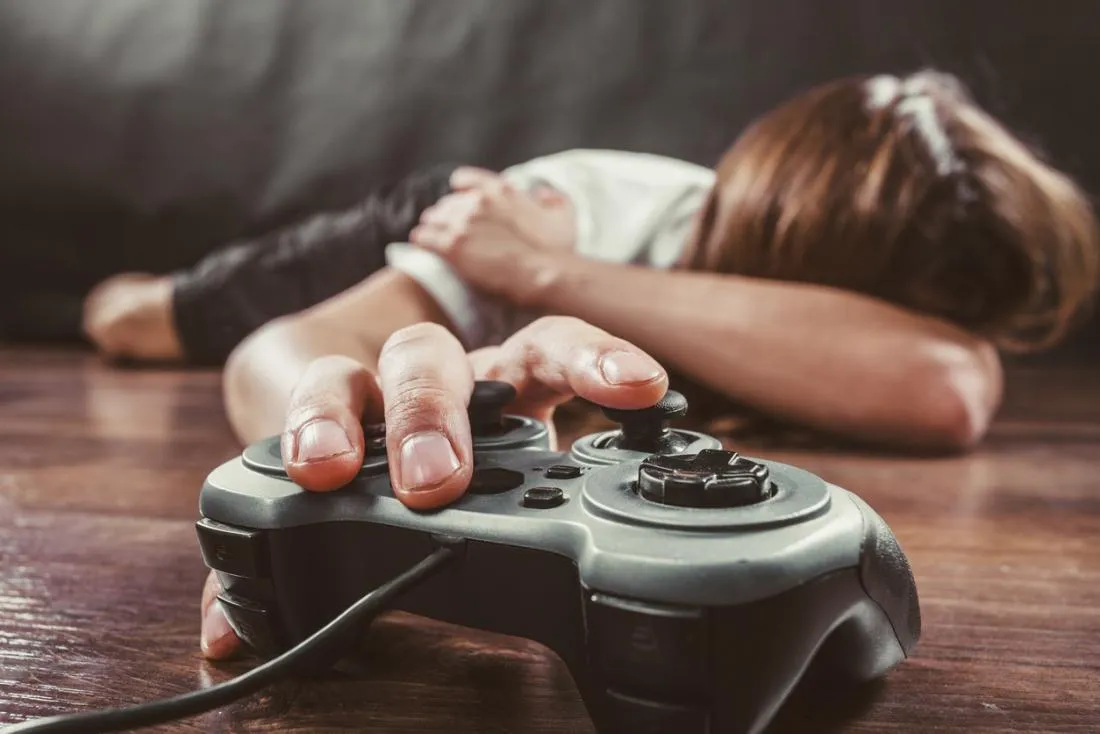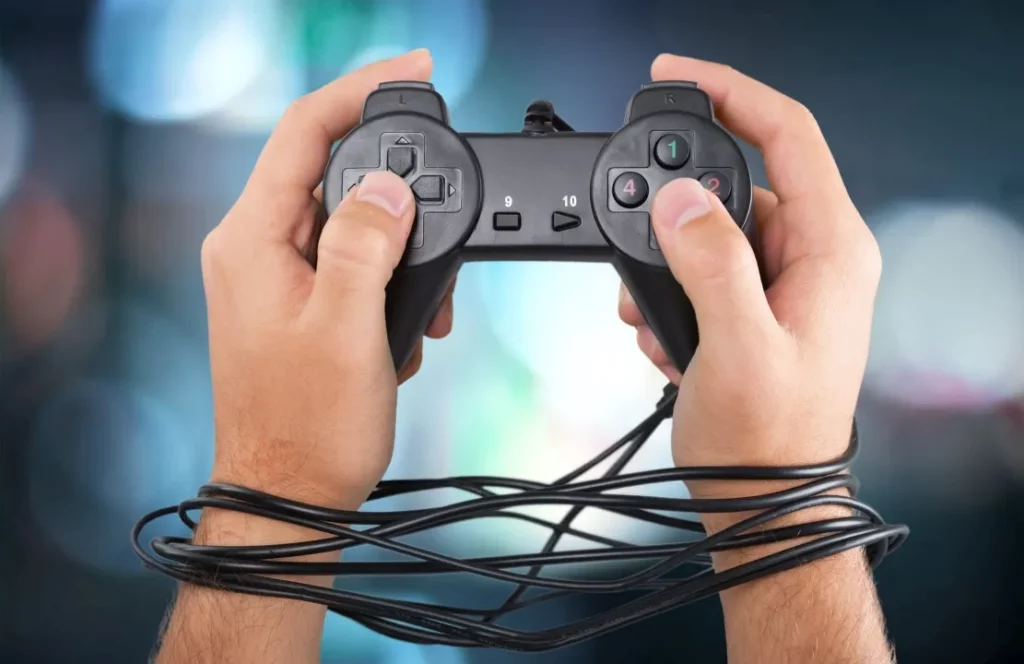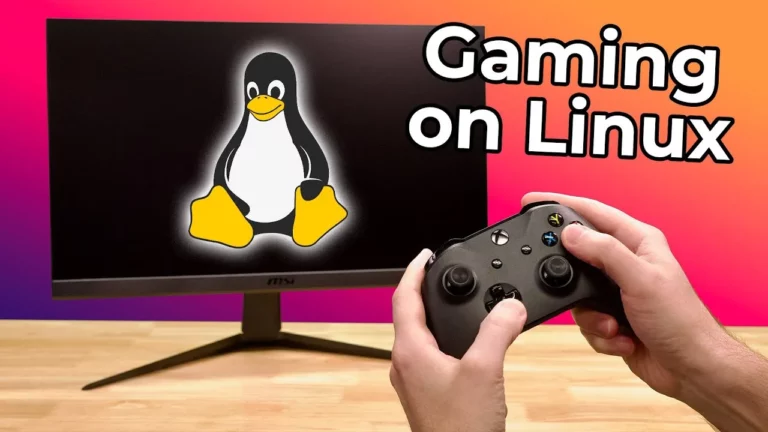The Impact of Video Games on Mental Health: A Deep Dive

Introduction

The Impact of Video Games on Mental Health: Video games have become an integral part of modern entertainment, with millions of players around the world immersing themselves in virtual worlds. However, there is an ongoing debate about how these games affect our mental health. In this article, we will delve into the impact of video games on mental health, addressing common concerns, providing expert insights, and offering recommendations for a balanced gaming experience.
Gaming and Mental Health: The Connection
The relationship between video games and mental health is a complex one. It’s important to understand the nuances:
Video Games and Stress Levels
Some individuals use video games as stress relievers. Engaging gameplay can distract from daily worries and provide an enjoyable escape. However, excessive gaming can lead to increased stress levels due to neglect of real-world responsibilities.
Gaming Addiction and Mental Health

Gaming addiction, known as Internet Gaming Disorder, can have a profound impact on mental health. This condition can lead to social isolation, anxiety, and depression.
The Impact of Different Game Genres
The type of video game one plays can significantly influence its impact on mental health:
Action-Packed Games
Action games, filled with excitement and challenges, can boost cognitive skills and improve problem-solving abilities. When played in moderation, they may also help reduce stress.
Simulation Games
Simulation games can foster creativity and decision-making. However, excessive gameplay may lead to a detachment from reality.
Role-playing games (RPGs)
RPGs can enhance social skills as they often involve teamwork and communication. However, spending too much time in virtual worlds can hinder real-life relationships.
The Role of Social Interaction
Online multiplayer games offer opportunities for social interaction. While this can be positive, it also presents challenges:
Building Virtual Friendships
Many players form meaningful relationships with others in the gaming community, which can positively impact mental well-being.
Cyberbullying and Toxicity
Conversely, online gaming communities can be breeding grounds for cyberbullying and toxicity, leading to adverse mental health effects.
Expert Recommendations
Balancing gaming and mental health is essential. Here are some recommendations from experts in the field:
Set Time Limits: Establish a daily gaming time limit to prevent excessive gameplay.
Diversify Activities: Engage in a variety of activities to maintain a well-rounded life.
Monitor Emotional Health: Be aware of your emotional state while gaming. If you notice negative feelings, take a break.
Seek Professional Help: If gaming addiction is a concern, don’t hesitate to seek professional counseling or therapy.
FAQs
Q: Can video games cause depression?
A: Excessive gaming can contribute to depression due to social isolation and neglect of real-life responsibilities.
Q: How can I balance gaming and mental health?
A: Set clear gaming time limits, diversify your activities, and monitor your emotional well-being while gaming.
Q: Are all video games harmful to mental health?
A: No, not all games are harmful. Some can enhance cognitive skills and social interactions when played in moderation.
Q: Is gaming addiction a real concern?
A: Yes, gaming addiction is a recognized condition known as Internet Gaming Disorder, with adverse effects on mental health.
Q: Can online gaming communities be positive?
A: Online gaming communities can be positive for building friendships, but they can also be toxic, leading to negative mental health effects.
Q: When should I seek professional help for gaming addiction?
A: If gaming addiction is interfering with your daily life, relationships, or emotional well-being, it’s time to seek professional help.
The Positive Impact of Gaming

While it’s important to acknowledge the potential negative effects of video games on mental health, it’s equally important to highlight their positive aspects:
Stress Reduction:
Engaging in gaming can be a fantastic way to unwind and reduce stress after a long day. Immersing yourself in a captivating game world can provide an essential mental break.
Cognitive Benefits:
Numerous studies have shown that playing video games can improve cognitive skills such as memory, spatial awareness, and problem-solving. Games often require quick thinking and strategizing, which can be mentally stimulating.
Social Connection:
Multiplayer online games offer a platform for social interaction and bonding. They enable players to connect with friends and make new ones, even if they are geographically distant.
Balancing Act: Gaming in Moderation
The key to enjoying the benefits of video games while safeguarding your mental health is moderation:
Set Priorities:
Make sure your real-life responsibilities, such as work, school, and relationships, take precedence over gaming.
Regular Breaks:
Incorporate regular breaks into your gaming sessions. Stand up, stretch, and evaluate how you feel.
Variety in Activities:
Don’t limit your leisure activities to just gaming. Pursue other hobbies, exercise, or spend quality time with loved ones.
Awareness of Time:
Monitor the time you spend playing games. If you find yourself consistently sacrificing sleep or important commitments, it’s time to reevaluate your gaming habits.
The Impact on Children and Adolescents
It’s essential to address the unique considerations regarding children and adolescents:
Parental Involvement:
Parents should actively engage with their children’s gaming habits. Establish reasonable time limits and ensure games are age-appropriate.
Educational Games:
Many video games are designed to be educational, promoting skills like critical thinking and problem-solving. Encourage your child to play these types of games.
Red Flags:
Pay attention to changes in your child’s behavior or academic performance. If gaming begins to impact your child’s life negatively, take action.
How Game Developers Contribute
Game developers also play a significant role in shaping the impact of video games on mental health:
Content Warnings:
Developers can incorporate content warnings for games that include potentially distressing or triggering material.
Balanced Gameplay:
Designing games with balanced and fair gameplay can reduce player frustration and stress.
Player Well-Being Features:
Incorporating features that encourage players to take breaks and monitor their playtime can be beneficial.
A Positive Gaming Experience
In conclusion, the impact of video games on mental health requires balance and mindfulness. While gaming can have both positive and negative effects, it’s essential to approach it with moderation, prioritize real-life responsibilities, and be aware of how it affects your well-being. By following these guidelines and staying informed, you can enjoy the world of video games while maintaining your mental health.
Conclusion
In conclusion, the impact of video games on mental health is a multifaceted issue. While gaming can provide enjoyment and even social connections, it can also lead to addiction and adverse effects on mental well-being. By following expert recommendations and maintaining a balanced approach, you can enjoy the world of video games without compromising your mental health. The impact of video games on mental health is always debatable, and you may disagree with my thoughts about it. If you want to know about Console Vs PC Gaming, please click on the link.






